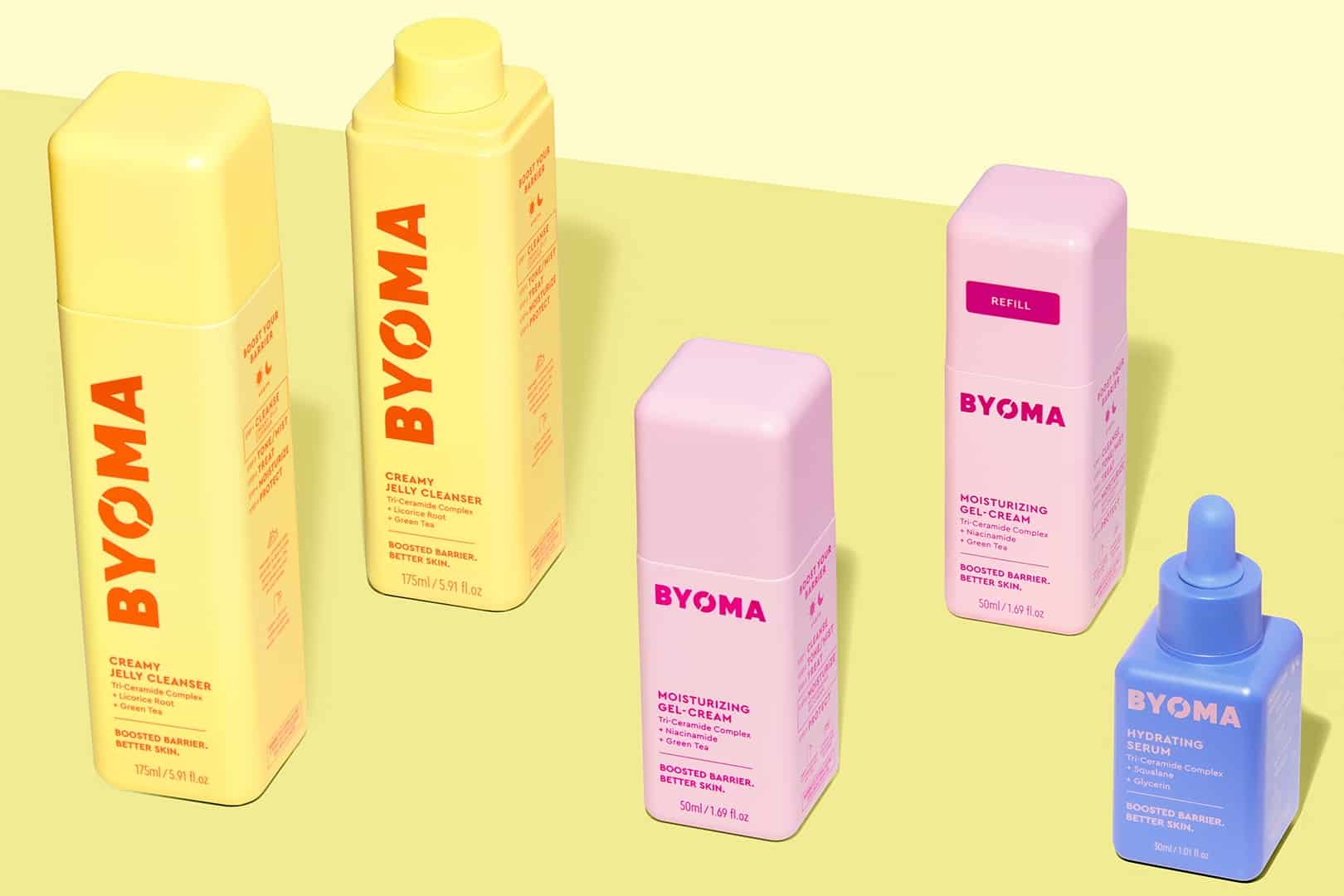What It Means For a Wine to be Organic & Why You Should Drink It Instead of Non-Organic Wine

Organic wine might be trendy, but it’s not a new practice. People have been making wine without additives or chemical pesticides for thousands of years. It’s the traditional way to make wine.
Let’s take a look at the world of organic wine, what the differences are between organic wine and non-organic wine, and why you might want to make the switch.
The Difference Between Organic and Natural Wine
There are a few key differences between natural wine and organic wine.
Organic Wine
The term “organic” is legally-defined. For a wine to be labeled “organic” it must meet strict regulatory criteria. We’ll get into a deeper explanation of what organic wines must be later, but it essential means no sulfites used and only organic ingredients go into the wine.
Natural Wine
Not a legally-defined term, but it has a generally accepted definition. Natural wines are fermented with native yeast, and generally contain only trace amounts of sulfites. Natural wines are never filtered, so they can appear cloudy because of suspended residues. Natural wines are never aged in barrels.
A natural wine can also be an organic wine if the grapes used in the naturally-produced wine are organic.

What Makes a Wine Organic?
The organic certification of wine is a tricky subject. Wines come from all over the world, and every country has different criteria on what can be certified as organic.
Generally, an organic wine can be summarized like this:
- Controlled amount of sulfites used – Sulfites are a synthetic food additive and aren’t allowed in any USDA-certified organic product. Sulfites are added to wine as a stabilizer and preservative. However, in the European Union, organic wines can legally have up to 100 parts per million of sulfites. The lack of sulfites in USDA-certified organic wines greatly lowers its shelf life.
- 100% organic grapes used – The grapes must be grown without toxic pesticides, herbicides, or synthetic fertilizers.
- Organic yeast used – Much like the grapes, the yeast used must also be 100% organic.
Made With Organically Grown Grapes
This term means that while the grapes used in the wine are grown organically, it likely has sulfites and other non-organic ingredients.
Before 2012, organic wines in the European Union could only be labeled “made with organically grown grapes”. In 2012 they started allowing winemakers to put the organic label on the wines.
The One Big Problem With Organic Wine
Because organic wines have only naturally-occurring sulfites, the shelf life and stability is greatly diminished.
Sulfites are added as a preservative, so once you take that out of the manufacturing process, the side-effect is that they don’t last very long.

Recommendations For Drinking Organic Wine Safely
If you’re a fan of organic wine, you have a few options here:
- Use organic wines as quickly as possible. Assume that the wine has a shelf life of about three to six months and keep it out of direct sunlight.
- Look for wines that are “Made With Organic Grapes” – These wines strike a balance between using organic grapes, but still having the standard amount of sulfites, giving it shelf life.
- Look for wines from Europe – The European Union’s laws for organic labeling let producers use added sulfites that extend the shelf life. It won’t last as long as non-organic wine, but still longer than USDA organic wine.
Why Would I Want to Drink Organic Wine?
There are several good reasons to switch to organic wine, some of which might be a surprise to you.
- It can be healthier. – Non-organic grapes are relentlessly sprayed with pesticides, herbicides and fungicides, and residues of these chemicals will end up in the wine. A study by the European Pesticides Action Network (PAN) of 40 bottles of wine sold in the EU found that 34 of them had an average of four different pesticides.
- You’re protecting grape farmers – The farmers who grow grapes are highly exposed to the chemical pesticides, herbicides and fungicides they have to spray.
- You’re protecting the environment – All of the chemicals sprayed on the grape crops find their way into our water supply and ecosystem. This has untold effects on not only the animal, plant life and aquatic life, but it gets into our drinking water supply as well. Chemical fertilizers destroy the natural balance of organisms in our soil, and over time it essential destroys the soil. This perpetuates the need for even more fertilizers used.
In Conclusion
We’d like to include a list of organic wines, but since specific wines go in and out of production, it’s easier to go to your local wine store and look at the selection there.
The choice is yours; organic wines can be a great, potentially-healthier and environmentally-friendly option. Truly organic wines don’t have a long shelf life, but looking for those labeled “Made with Organic Grapes” or organic wines from Europe (which allow added sulfites) can be a good compromise.




